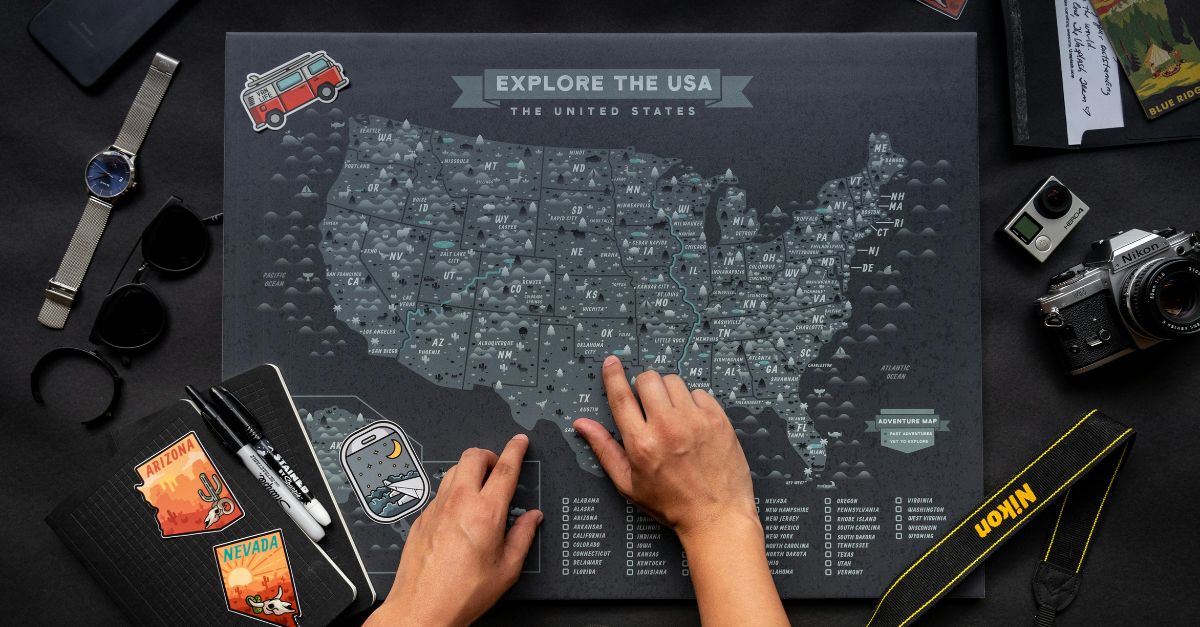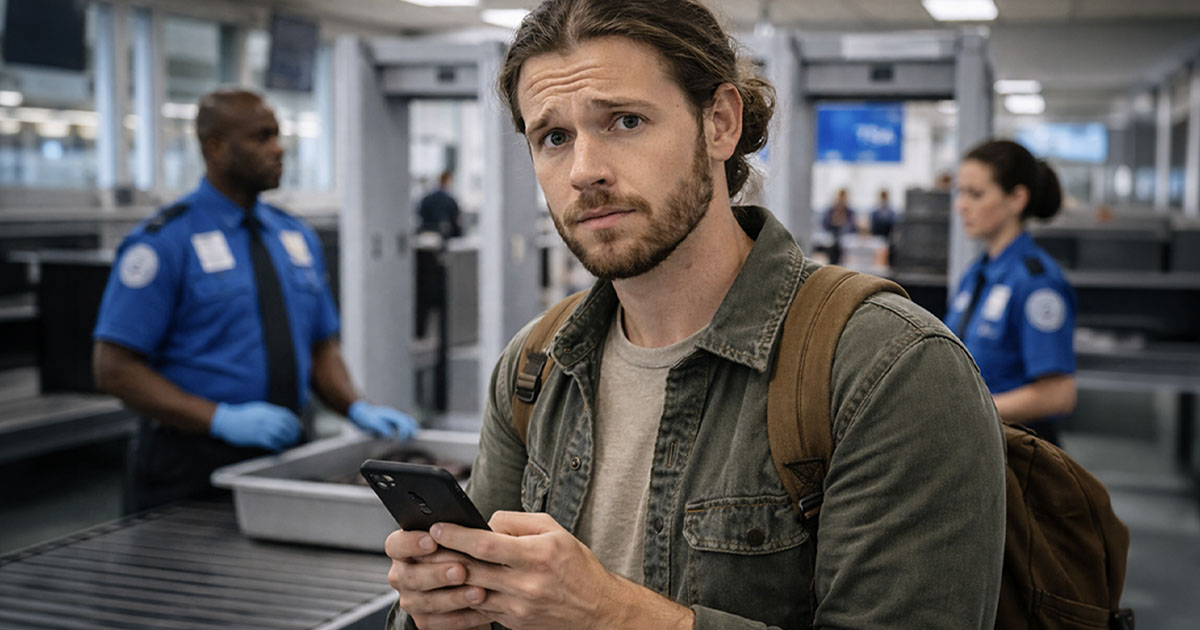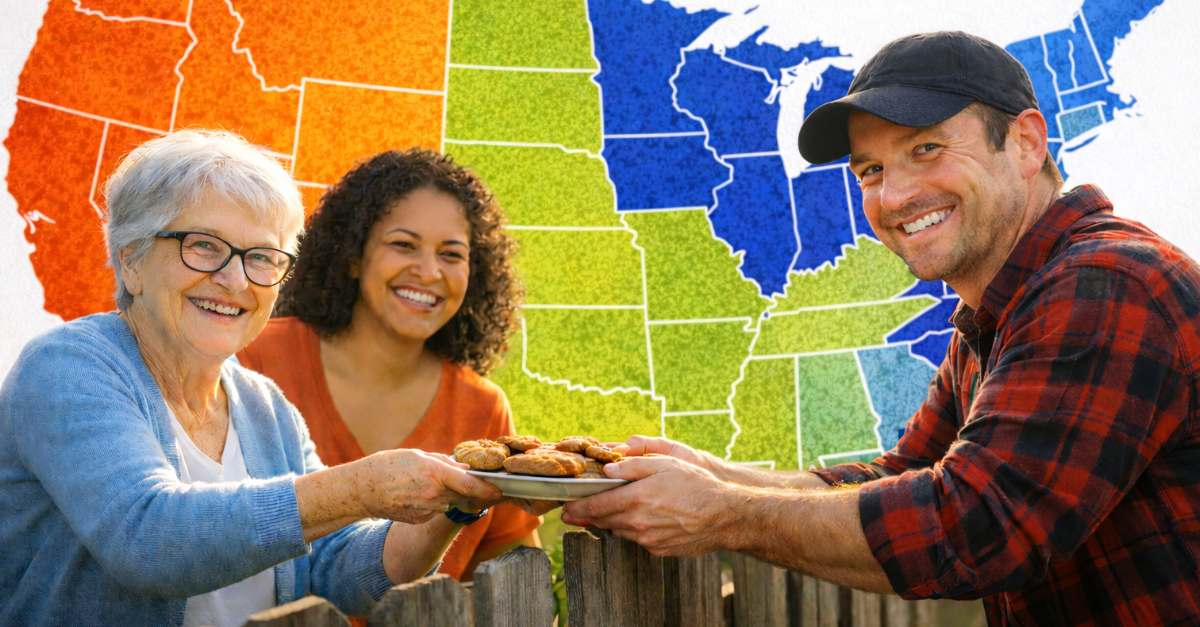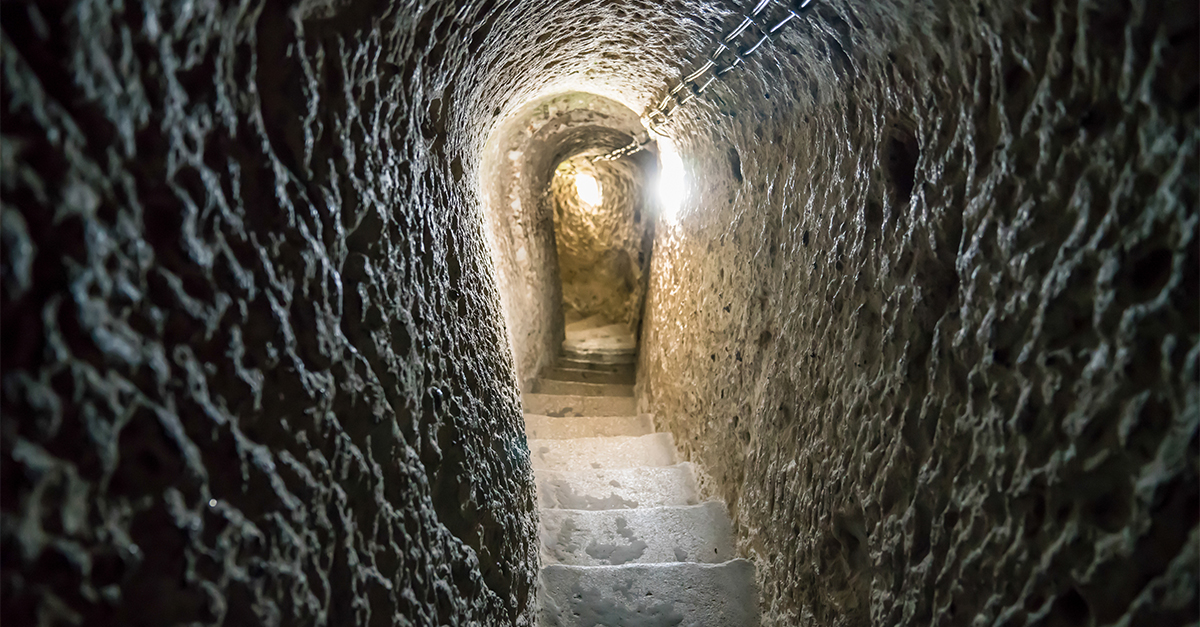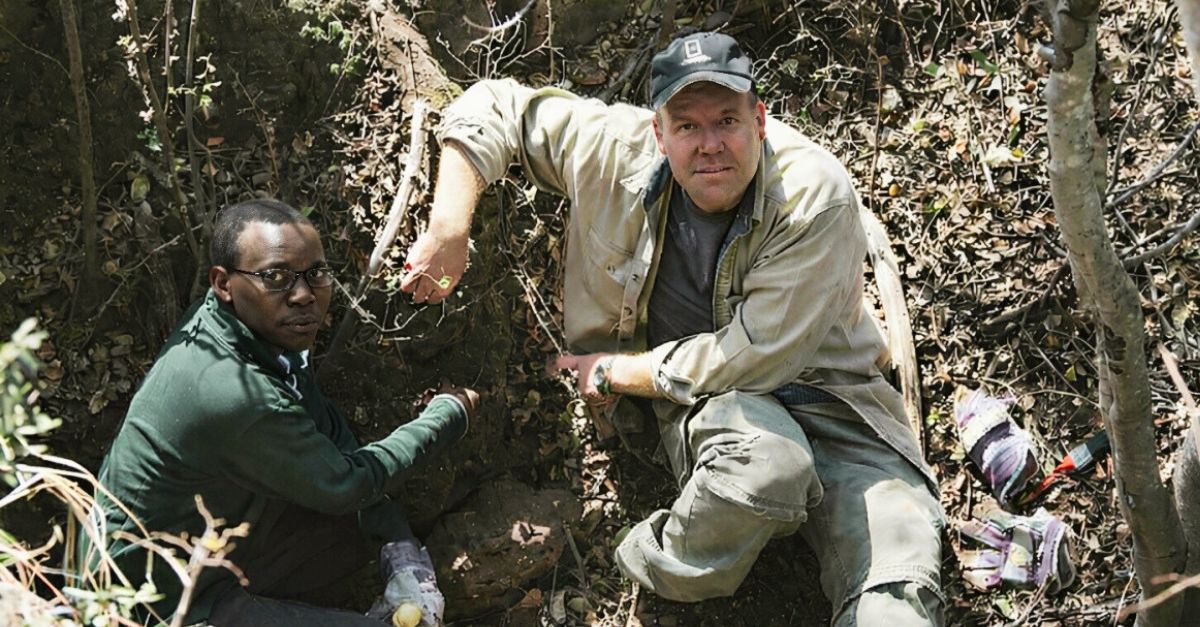Blunders To Avoid
A visit to America is an adventure like no other, but first-timers can make some mistakes that might land them in tourist traps. So, wouldn't it be great to know some common rookie traveler slips and how to avoid them?

Underestimating Units
Even SNL made a sketch of the different units in the US! Americans have set a different measurement system that only Liberia and Myanmar share. Downloading a conversion app is highly recommended. Better yet, you could memorize a few basics to impress the natives.
Knowing The Distances
America is vast—much larger than many visitors realize. Travelers often assume cities or attractions are closer than they actually are, which often leads to overly ambitious itineraries and exhausting travel days. Become BFFs with Google Maps to estimate travel times. Also, consider flying for longer distances.
 original image by NASA; crop by Ryan Kaldari, Wikimedia Commons
original image by NASA; crop by Ryan Kaldari, Wikimedia Commons
Not Tipping Or Tipping Incorrectly
Tipping is a cultural norm in America, but it's unfamiliar to travelers from countries where service charges are included. Failing to tip—or tipping too little—can come across as rude or disrespectful. Common tipping scenarios include restaurants, taxis, hotel staff, and barbers with 15% to 20% of the bill.
Ignoring Regional Weather Variations
You can't pack for the weather unless you know where exactly you'll be. America's size means it experiences a wide range of climates simultaneously. Travelers might pack for summer in Florida only to freeze in San Francisco. So, check the weather forecast for every destination on your itinerary.
Not Renting A Car When It's Necessary
Public transportation isn't as extensive or reliable as in other countries. As a result, some tourists might struggle to visit attractions. Before you travel, research transportation options for your specific destinations. Renting a car is often essential in sprawling cities like Los Angeles or even rural areas like national parks.
Overlooking Public Transportation In Major Cities
On the contrary, cities like New York and Boston have excellent public transportation systems. In such cities, you could simply purchase a day or week pass to save money. And if you already have a car, use it to explore areas outside the city.
 New York City Subway in 2022 by RMTransit
New York City Subway in 2022 by RMTransit
Overpacking For Domestic Flights
Domestic flights often have strict baggage policies (with additional fees for checked bags). Travelers accustomed to more lenient rules may be surprised by these restrictions. You should check the airline's baggage policy before packing and aim to travel lightly. Use a carry-on whenever possible to avoid fees altogether.
Expecting Every State To Be The Same
Seeing one state isn't like seeing each one. Speed limits, accents, and social norms vary widely. So, it's better to treat each state as a country and do your research to understand its laws and culture. If you're caught off guard, ask the locals—they're often happy to help.
 I Drove Around Texas For A Month. This Place Is Nuts! By Nick Johnson
I Drove Around Texas For A Month. This Place Is Nuts! By Nick Johnson
Forgetting To Factor In Time Zones
Traveling across the US means hopping through multiple time zones. Missing this detail can lead to missed flights or showing up for events at the wrong time. Most smartphones adjust automatically, but double-check if you're scheduling something important. However, time zone confusion is a universal excuse that you can use.
 Time Zones for Kids | Learn about the time zones of the world. by Learn Bright
Time Zones for Kids | Learn about the time zones of the world. by Learn Bright
Assuming Free Restrooms Are Everywhere
In many parts of the world, public restrooms are easily accessible. However, they're often tied to businesses in the US. Plan your restroom stops—restaurants, coffee shops, gas stations, and large chain stores often have accessible facilities. In emergencies, grab a coffee or snack to gain access.
Huge Quantities Of Food
When people think of American cuisine, they imagine burgers and towering stacks of pancakes dripping with syrup. But they're often surprised by the portion size and the calorie counts. Share dishes or opt for smaller portions when dining out. Most places now offer healthier options, too—check them out.
Expecting Wi-Fi Everywhere
Yes, it's the US, but you can't expect high-speed internet in every corner. While big cities have reliable Wi-Fi, rural areas and remote highways often have little to no signal. To avoid any inconvenience, download maps and directions in advance. Also, carry a physical map for emergencies (and learn how to use it).
Misjudging Free Refills
Americans love their beverages. Yet, visitors are usually thrown off by the relentless offers of refills or by the sheer volume of ice in their drinks, which often leave very little room for the actual beverage. If you prefer less ice, politely ask for light or no ice when ordering.
Misunderstanding Sales Tax
Happy about that $9.99 price tag? Surprise—it doesn't include tax. Before you go on a shopping spree, budget a little extra for taxes, which can range from 0% to over 10%. If you're shopping in a tax-free haven like Oregon, count your blessings.
 Nicoleta Ionescu, Shutterstock
Nicoleta Ionescu, Shutterstock
Overlooking The Importance Of Personal Space
In many cultures, close proximity is normal, but in America, personal space is sacred. Standing too close to someone in line or getting too touchy can make people uncomfortable. Observe how much space others are leaving between themselves and follow suit. A good rule of thumb is to leave an arm's length.
Underestimating The Importance Of ID
You'll often need a government-issued photo ID for simple activities like buying liquor or boarding domestic flights. Always carry a valid ID, like your passport or an international driver's license. If you've left your ID behind, some venues might accept a digital copy, but it's not guaranteed.
 Bieszczady_wildlife, Shutterstock
Bieszczady_wildlife, Shutterstock
Ignoring Some Local Laws
Alcohol and smoking laws vary widely across the US. In some states, you can't buy alcohol on Sundays, while others have strict no-smoking areas, even outdoors. Read about the laws where you plan to travel. It always helps to look around and pay attention to signs in public places.
Using The Wrong Lanes On Highways
Driving in the US can be tricky. Staying in the left or passing lane too long or ignoring merging rules can frustrate locals and even lead to road rage. Always stick to the right lane unless you're passing another vehicle.
 Wirestock Creators, Shutterstock
Wirestock Creators, Shutterstock
Not Being Prepared For Security Checks
Whether it's at airports or theme parks, security checks are common. Travelers who aren't ready to remove shoes or electronics can hold up the line and feel confused. Keep items like electronics and liquids in easily accessible parts of your bag. If you're unprepared, just follow the instructions.
Expecting Free Parking Everywhere
In many cities, parking is expensive. Visitors accustomed to free parking in rural areas might be shocked by hourly fees or parking meters. It's important to budget for this aspect in cities and check for available lots ahead of time. And pay promptly to avoid extra penalties.
Underestimating The Power Of Jet Lag
You land in a new time zone, and you're eager to jump into exploring right away. But the reality of jet lag hits—your body's clock is completely out of sync. Allow yourself time to adjust and try to sleep at the local bedtime to ease into the new schedule.
 David Prado Perucha, Shutterstock
David Prado Perucha, Shutterstock
Assuming All Cities Are Easily Walkable
Many travelers expect American cities to be as pedestrian-friendly as some European ones, only to discover that distances are vast. This doesn't apply everywhere—for example, New York City is a haven for walkers. Prioritize visiting cities with good public transportation like Chicago if walking is your preference.
 Alexander Khitrov, Shutterstock
Alexander Khitrov, Shutterstock
Misunderstanding Healthcare Costs
If you're injured or fall ill while traveling in the US, you might be shocked at the sky-high medical bills. Even a trip to the emergency room can cost hundreds, if not thousands, of dollars. This is why having travel insurance that covers healthcare in America is of utmost importance.
Overlooking The Need For ESTA Or Visa
Some travelers assume they can show up at the border without any documents to enter the US. If you're from a Visa Waiver Program country, apply for an ESTA online at least 72 hours before travel. Otherwise, ensure you have the correct visa and documents to avoid being turned away.
Skipping Out On Small-Town America
Yes, visiting iconic cities like New York and Los Angeles is an amazing experience. But you don't want to miss the charm and uniqueness of smaller towns and rural areas. Try to visit places like Savannah, Georgia, or Taos, New Mexico, to experience rich history and friendly communities.
 RSherard, CC BY-SA 4.0, Wikimedia Commons
RSherard, CC BY-SA 4.0, Wikimedia Commons

